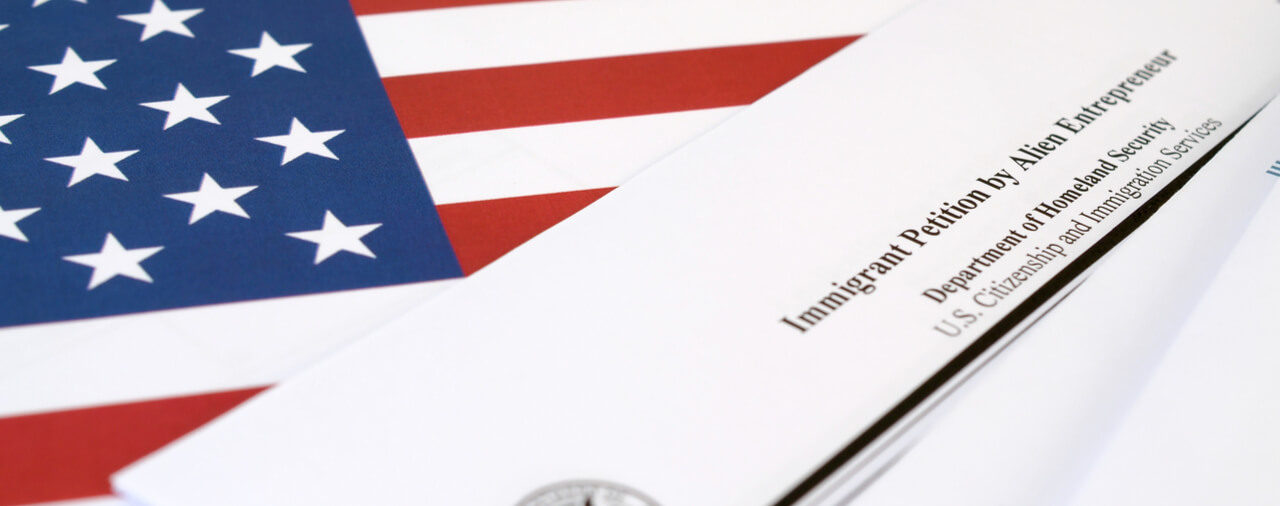On January 29, 2020, the United States Citizenship and Immigration Services (USCIS) announced a process change for managing its inventory of EB5 petitions (Form I-526, Immigrant Petition by Alien Investor). The USCIS will begin implementing the new approach on March 31, 2020 — and it will apply both to new EB5 petitions and pending EB5 petitions.
Before the new policy, the USCIS adjudicated Forms I-526 on a “first-in, first-out” basis. This means that the USCIS would adjudicate petitions in the order they were received. Going forward, the USCIS will switch to a “visa availability approach.” This means that the USCIS will now prioritize Form I-526 petitions based on whether a visa would be immediately available or soon available to the petitioner upon petition approval. The USCIS explained that this approach is already used with the Form I-130, Petition for Alien Relative, in categories subject to an annual numerical cap.
While the new visa availability approach for EB5 petitions gives priority to certain petitions, however, it “will not create legally binding rights or change substantive requirements.” It will simply ensure that petitions where the petitioner would have a visa available upon approval or shortly after approval will be prioritized for adjudication.
Effect of the Policy
The policy is designed to ensure that beneficiaries of EB5 petitions from countries that are not oversubscribed are given priority in having their petitions adjudicated. As of February 2020, the only three countries whose beneficiaries of approved EB5 petitions do not have an immigrant visa number immediately available regardless of when the petition was filed are China, Vietnam, and India. Because the majority of EB5 petitioners are nationals of China, the new policy will likely lead to slower processing times for EB5 petitions filed by Chinese nationals. This will apply to a lesser extent to EB5 petitions filed by Vietnamese and Indian nationals. Nationals of other countries may expect that their petitions will be adjudicated more expeditiously than under the “first-in, first-out” policy, lest their countries become subject to EB5 final action dates in the future.
To learn more about the EB5 program generally and other issues relating to immigrant investors, please see our growing category on the topic.





